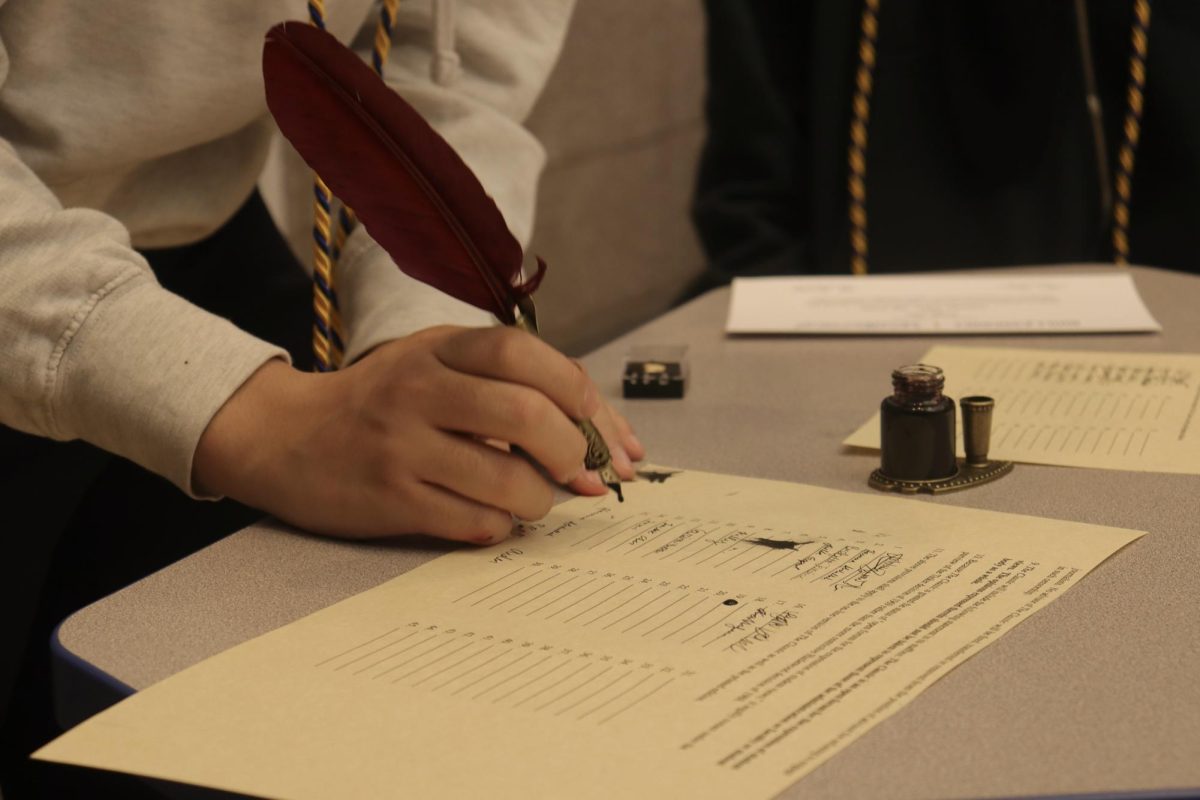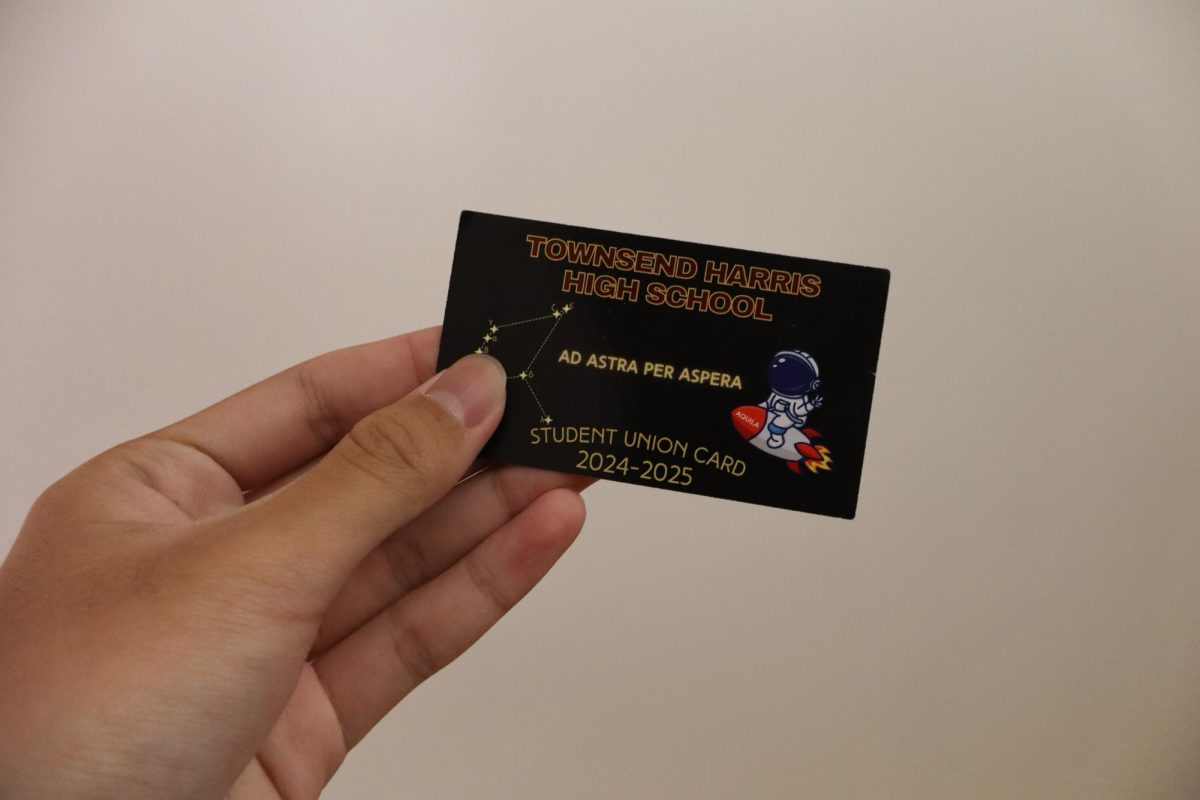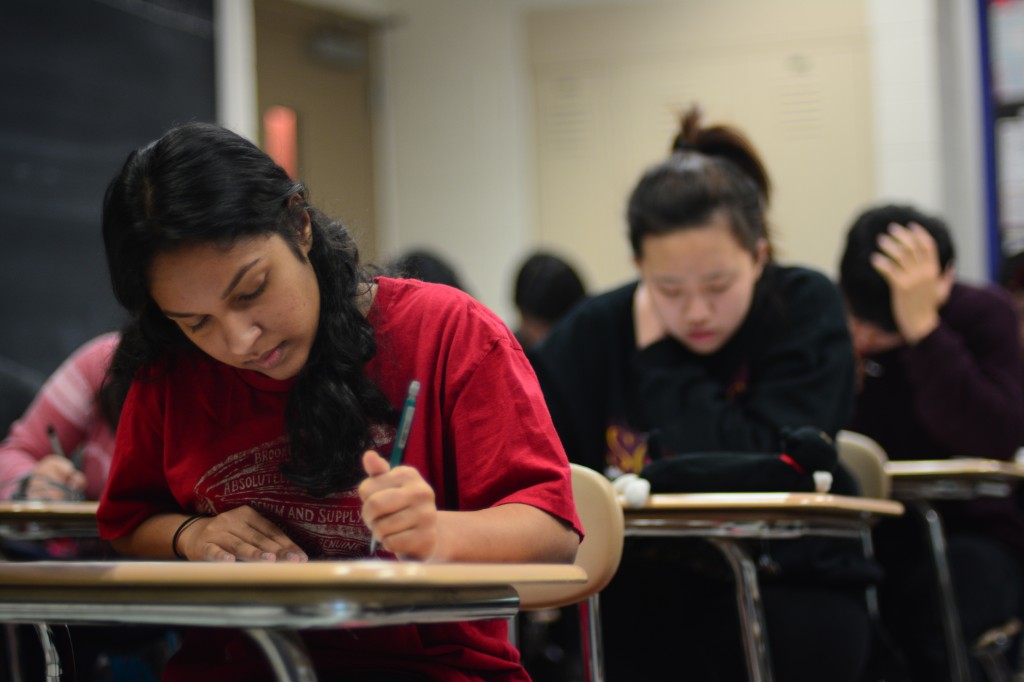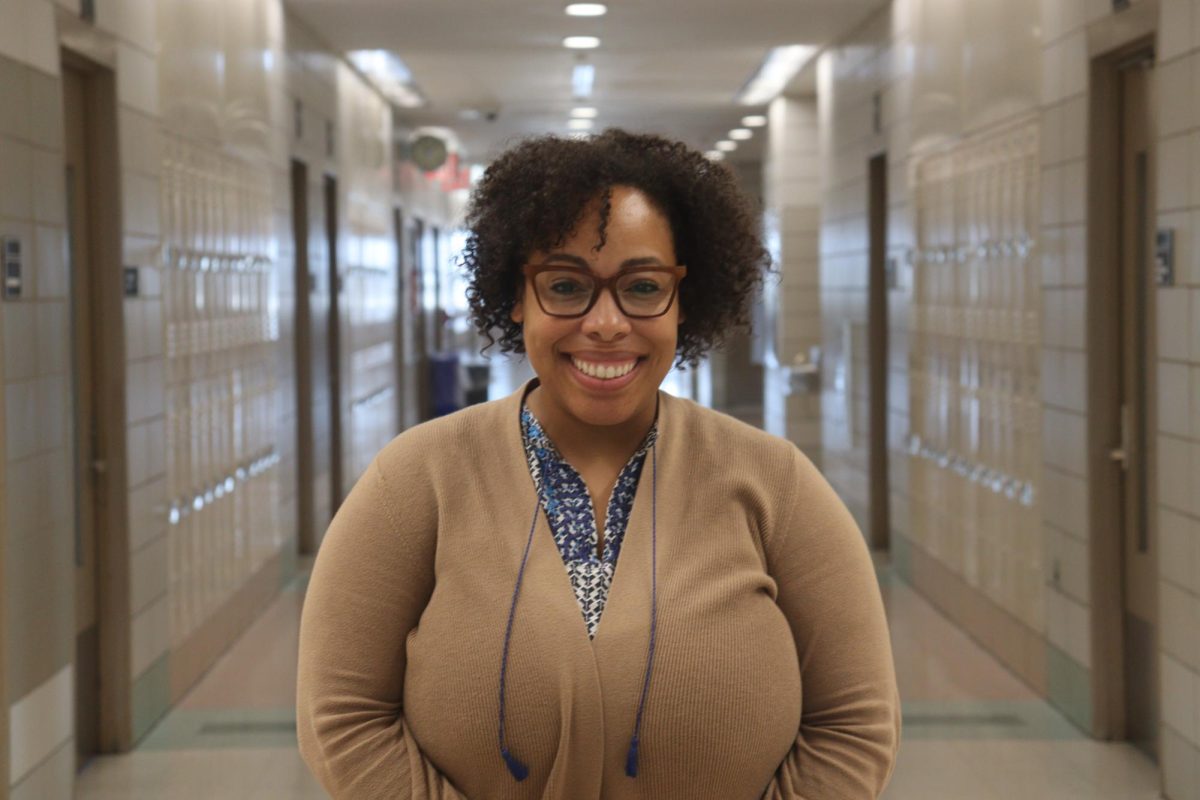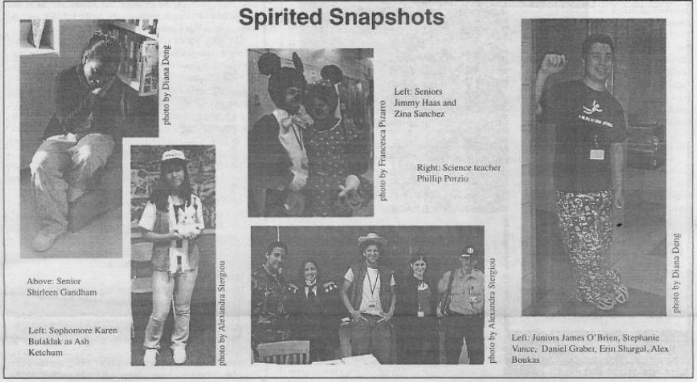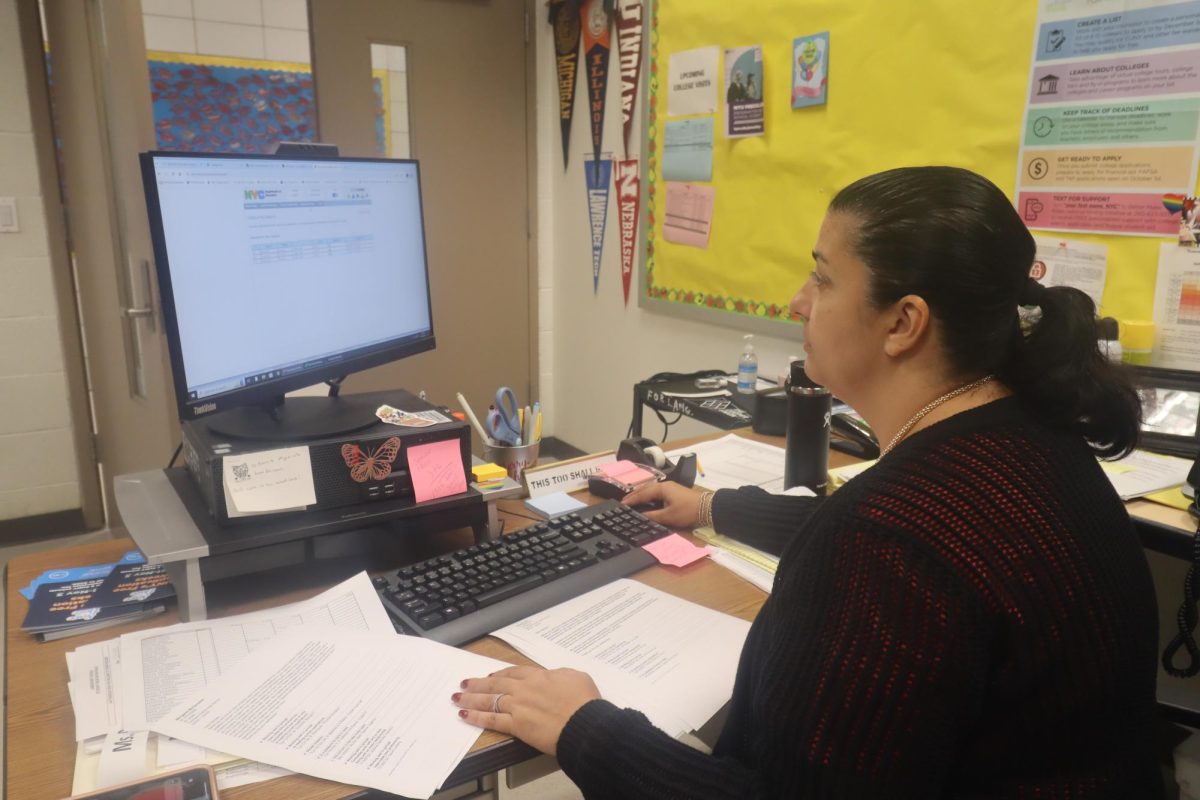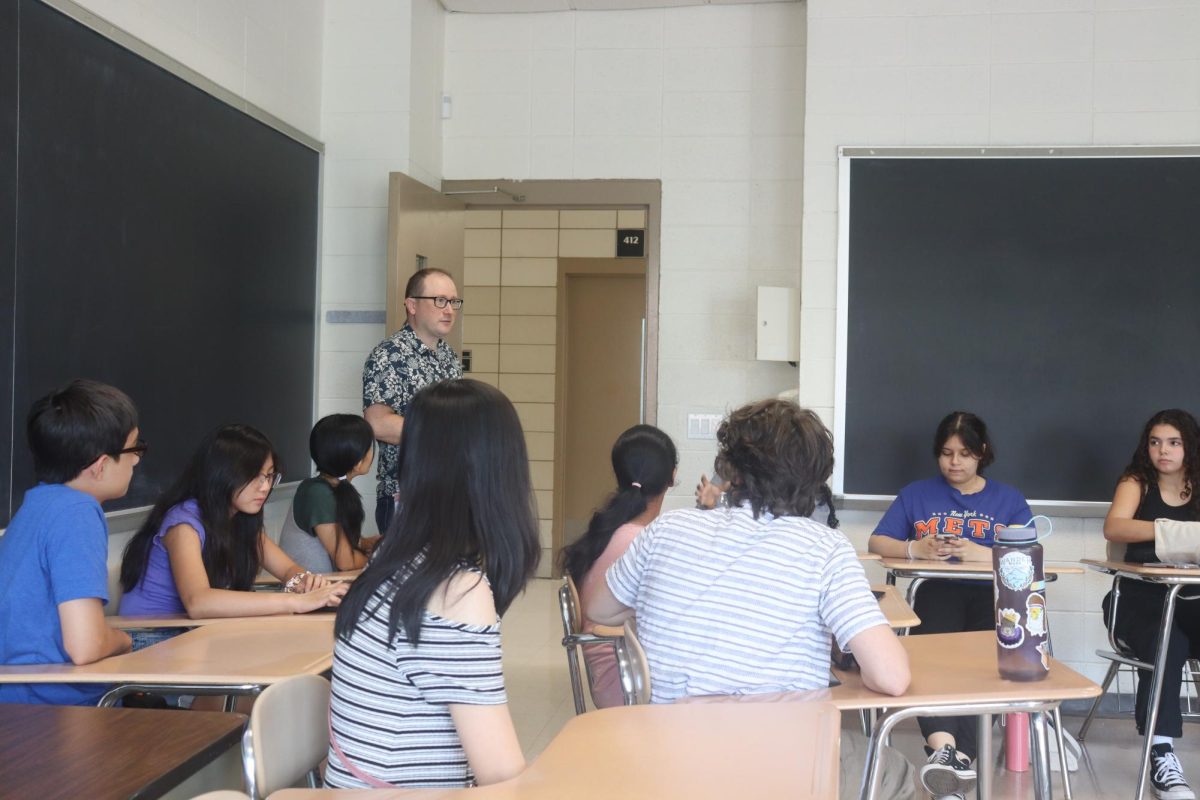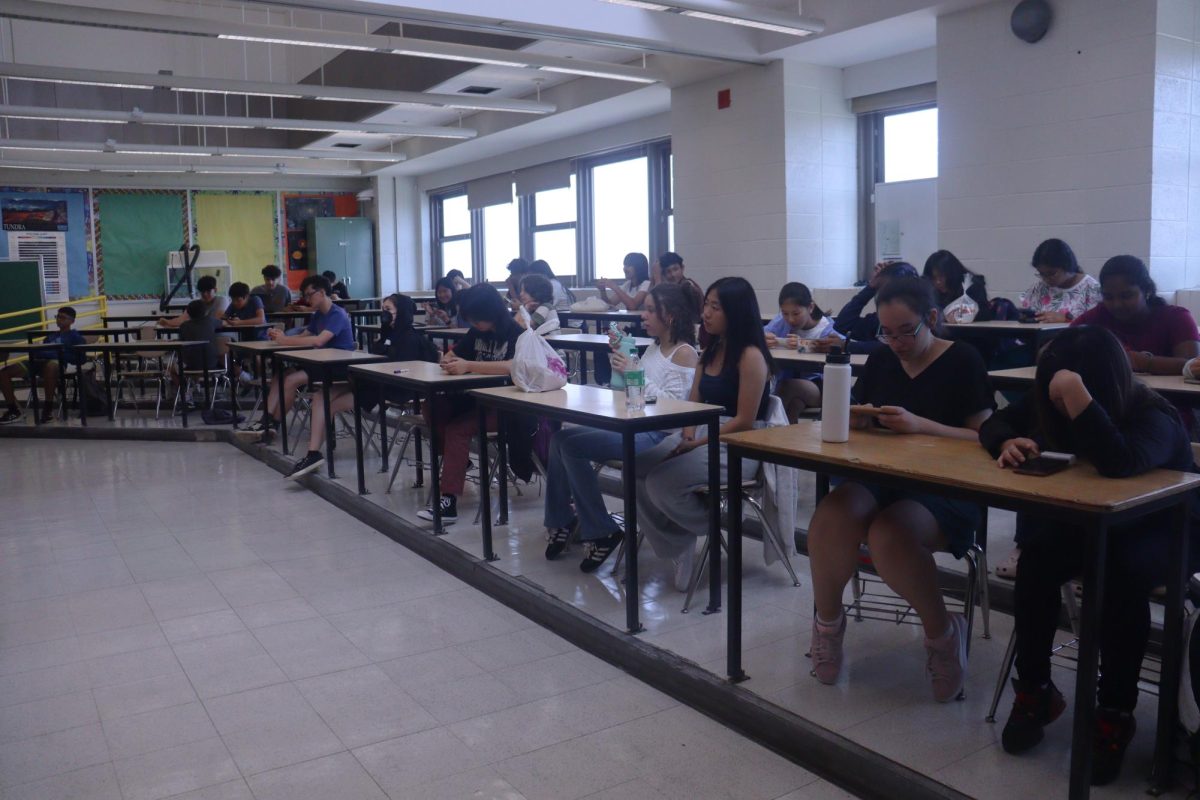College admissions officers viewing applicants’ social media should not be “fair game”
Many colleges see students’ social media accounts as digital portfolios; students question the fairness of it.

According to a 2021 Kaplan survey, two-thirds of more than 200 admissions officers consider viewing applicants’ social media content as “fair game,” up nine percentage points since 2018. While fewer officers are making those visits to social media profiles than in previous years, of the officers who did, nearly 60 percent from both the 2020 and 2021 surveys said their social media visits hurt applicants.
College and career counselors often lay out convincing arguments for harnessing social media platforms to create complementary “digital portfolios.” But admissions officers should not view applicants’ social media accounts. When social media is added to the admissions equation, prospective students not only carry the weight of perfecting their online presence, but are at risk of discriminatory and unwarranted rejections.
In the long list of college admissions criteria, keeping a well-crafted social media profile and online persona should not be included. Consulting companies are not hesitant to declare otherwise. But why should the opportunity to pursue a great education at an institution be influenced by the meticulous curation of an online life?
Some admissions officers are becoming wary of considering social media content in the decision process, realizing the potential for applicants to turn their accounts into marketing devices. Others have noted that applicants’ urgency to filter their digital footprints for the eyes of curious officers interferes with social media aimed at self-expression and benign fun.
But even a polished online identity is not fail-safe. The inherent pitfall of reviewing social media in admissions is that applicants’ chances of admission may suffer from contextual misreadings—decisions influenced by social media may also be prejudicial in nature. Well-intentioned comments and posts can easily be misunderstood by admissions officers whose evaluations of applicants are sometimes rushed due to limited time. Meanwhile, not all information available through social media may be appropriate or legitimate for use in the admissions process. Social media pages can disclose everything from political and religious affiliation to relationship status, “data points” that may lead to bias in decision-making. This digital “window” that admissions officers can access may ultimately be a window into a bias-ridden, unfair treatment of applicants.
Oftentimes, students turn to private social media accounts. But content shared on private accounts and group chats is not completely safe from eavesdroppers. Despite the impression of privacy, information may be leaked, especially by anonymous third parties who report applicants’ online posts.
The Classic spoke to Guidance Counselor, Jeremy Wang, who reveals that the practice of using students’ social media as leads to revoking an acceptance is not unheard of. Although Mr. Wang objects to the “addition” of this subjective admission criterion, he stresses to students that their personal and academic integrity matters in the application process.
For some universities, turning to these digital destinations sheds light on candidates who would poorly reflect their institution. Admissions policies at selective universities even allow applicants’ social media to be used as a basis for revoking admissions offers. Awareness of questionable activity online seems especially valuable to colleges seeking to assemble the most qualified student body. But not all admissions officers are looking for content to view applicants in a poor light; many are actively accessing social media accounts to gather qualifying information to supplement what an applicant has already submitted.
In the end, no matter how much an admissions officer finds your social media account to help or hurt you, it should not be a space where you sell yourself to colleges. Social media was never intended to replace the college application nor should it be considered just another “supplemental essay”. While some universities frame screening candidates’ online lives as essential to enrolling the most capable students, social media should have no role in this process when personal biases may result in skewed perceptions of applicants. The mere possibility of misinterpretation costing a student’s attendance at a university leaves many alarmed.
With a shockingly low presence of standards governing the use of social media in college admissions, officers have nearly unchecked access to applicants’ online lives. Given the current nationwide scrutiny on college admissions, it’s more important than ever that the harmful effects of this practice are known.
Your donation will support the student journalists of The Classic. Your contribution will allow us to purchase equipment, support our extracurricular events, celebrate our staff, print the paper periodically, and cover our annual website hosting costs.

Michael is a senior at Townsend Harris High School. As an opinion editor for The Classic, he has covered topics ranging from artificial intelligence to...

Samira is a senior at Townsend Harris High School. She’s been into photography since joining the Classic and loves to explore new cameras. She enjoys...

